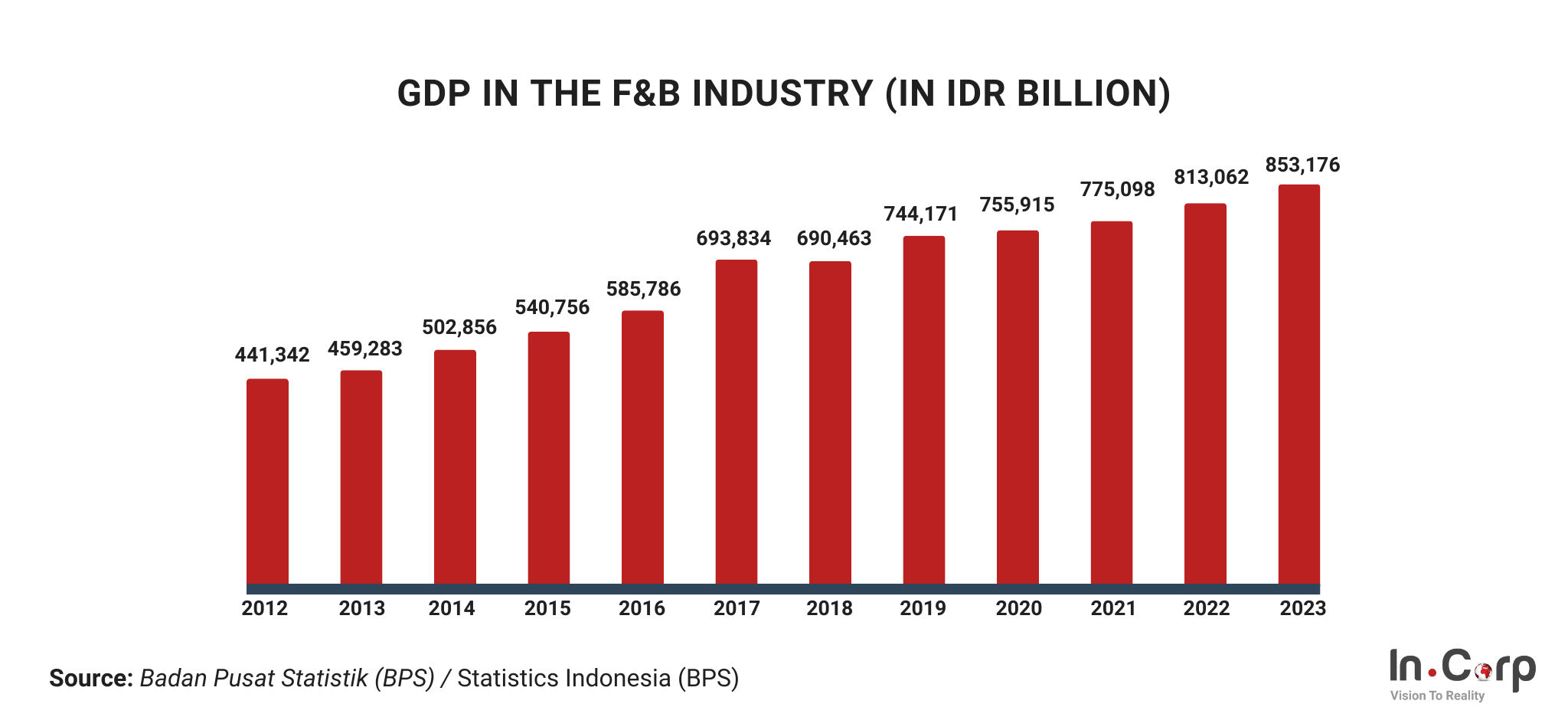
Eco-Friendly Travel Practices for Sustainable Business in 2024
As the world increasingly prioritizes sustainability, businesses are reshaping their approach to travel. In 2024, sustainable travel practices have become a vital aspect of responsible corporate operations. Let’s explore the key strategies businesses are adopting for eco-friendly travel.
Green Transportation Choices
One of the fundamental shifts in sustainable business travel involves opting for green transportation. Companies are encouraging employees to use public transportation, bicycles, or electric vehicles instead of traditional modes of transport. This not only reduces carbon emissions but also aligns with a commitment to eco-friendly mobility.
Carbon Offsetting Initiatives
To counteract the environmental impact of travel, businesses are engaging in carbon offsetting initiatives. This involves investing in projects that reduce or capture an equivalent amount of carbon dioxide emitted during travel. By supporting initiatives like reforestation or renewable energy projects, companies are taking steps to neutralize their carbon footprint.
Virtual Meetings and Remote Work Options
The rise of digital communication tools has facilitated a significant reduction in the need for physical travel. Sustainable businesses in 2024 are promoting virtual meetings and providing remote work options whenever possible. This not only minimizes the environmental impact of travel but also contributes to improved work-life balance for employees.
Eco-Friendly Accommodation Choices
Choosing environmentally responsible accommodations is a key practice in sustainable business travel. Companies are encouraging employees to stay in hotels and lodgings with green certifications, energy-efficient practices, and waste reduction initiatives. This ensures that the entire travel experience aligns with sustainable principles.
Reducing Single-Use Plastics
Single-use plastics contribute significantly to environmental pollution. Sustainable business travel involves minimizing the use of single-use plastics during trips. Companies are encouraging employees to carry reusable water bottles, use eco-friendly packaging, and make choices that reduce overall plastic consumption.
Promoting Sustainable Tourism Practices
Businesses play a role not only in their employees’ travel but also in influencing broader tourism practices. Companies are aligning with destinations and services that prioritize sustainable tourism, supporting local communities, and preserving natural ecosystems. This ensures that the business contributes positively to the places visited.
Incorporating Sustainable Travel Policies
Formulating and implementing sustainable travel policies is a proactive step taken by businesses in 2024. These policies outline guidelines for eco-friendly travel, including preferred transportation options, accommodation standards, and waste management practices. Sustainable travel policies provide a framework for responsible corporate travel.
Educating Employees on Sustainable Practices
Sustainable business travel relies on the active participation of employees. Companies are investing in education and awareness programs to inform employees about sustainable travel practices. This includes guidelines on reducing energy consumption, making environmentally conscious choices, and understanding the impact of their travel on the planet.
Monitoring and Reporting Environmental Impact
Accountability is crucial in sustainable business practices. Companies are implementing systems to monitor and report the environmental impact of their travel activities. This data allows businesses to identify areas for improvement, track progress towards sustainability goals, and transparently communicate their efforts to stakeholders.
Collaboration with Sustainable Travel Partners
In 2024, businesses are actively seeking partnerships with travel agencies, airlines, and accommodations that share their commitment to sustainability. Collaborating with sustainable travel partners ensures that the entire travel supply chain adheres to responsible and eco-friendly practices.
To explore how sustainable travel practices contribute to responsible business operations, visit Sustainable Business 2024 Travel. Embrace a future where business travel aligns with environmental stewardship, contributing to a more sustainable and responsible world.








